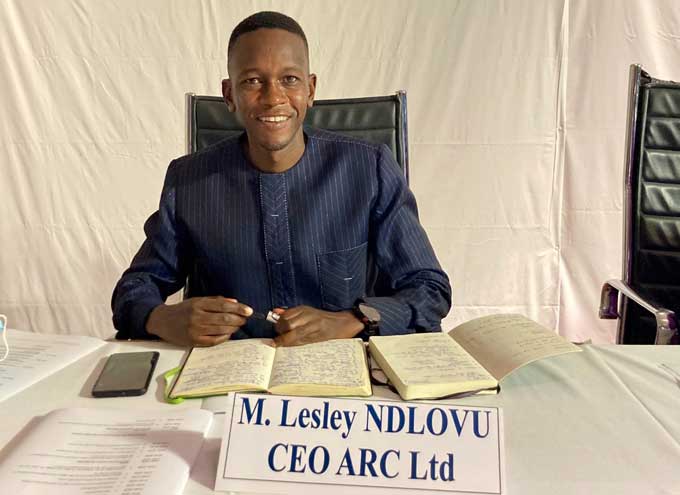
BY VANESSA GONYE
Climate disaster insurer African Risk Capacity Limited (ARC Ltd) says insurance can play a key role in the transition from fossil fuels to renewable energy.
ARC Ltd is a hybrid mutual insurer and financial affiliate of the African Risk Capacity Group.
Zimbabwe adopted a National Renewable Energy Policy in 2019.
The policy aims to have 16,5% of the total generation capacity (excluding large hydro) from renewable sources by 2025.
This increases to 26.5% by 2030, a report from the ministry of Energy and Power development said.
Addressing the media in Harare recently, ARC Ltd CEO Lesley Ndlovu said in addition to its well-documented work in agriculture insurance, his organisation had a keen interest in the renewable energy sector.
“We are providing the transition from fossil fuels to renewable energy. This happens in two ways,” Ndlovu said.
- Chamisa under fire over US$120K donation
- Mavhunga puts DeMbare into Chibuku quarterfinals
- Pension funds bet on Cabora Bassa oilfields
- Councils defy govt fire tender directive
Keep Reading
“Firstly we have a balance sheet that allows us to invest some of our own money into the energy transition together with providing a de-risking mechanism in the sector.
“The big issue that you would face when you are running, for example, a wind farm is the reliability of the energy.
“The way the investor structures the transaction is that they commit to provide a minimum amount of power to say Zesa or to whoever the purchaser is, but if they fail to meet this minimum demand then there are going to be financial penalties that are imposed on them.”
“In the same way that we are able to model rainfall, we can also model frequency of wind and wind speeds then design an insurance model that protects the investor in changes that are expected on the wind side. Same with solar energy.”
He said the data about climatic conditions by geographical location already exists.
“That’s how we create insurance products that protect the investors,” Ndlovu said.
ARC Ltd is working across 35 African countries and Zimbabwe serves as a key market.
A lack of clear and coherent policies that encourage investment in the country has resulted in reluctance to invest in the renewable energy sector.
Zimbabwe, however, has hopes that renewable energy technologies will help to address their energy problems.
Ndlovu said ARC had sourced US$100 million for African governments to access and use to lower the cost of insurance premiums.
“One of the barriers that we face to the uptake of insurance is the unaffordability of premiums so the role of subsiding premiums falls on the governments themselves and also on international development partners,” Ndlovu said.
“At the level of the ARC, we have managed to mobilise US$100 million in funding for governments to be able to subsidize their participation in the insurance programme.
“Zimbabwe is already a client and in 2020 we paid a claim to the government after the drought that we experienced here.”
Ndlovu heads ARC Ltd’s Johannesburg headquarters.
ARC provides parametric insurance services to African Union member states and farmer organisations, employing innovative financing mechanisms to pool disaster-related risk across Africa and transferring it to international risk markets.
It was founded in 2014.










